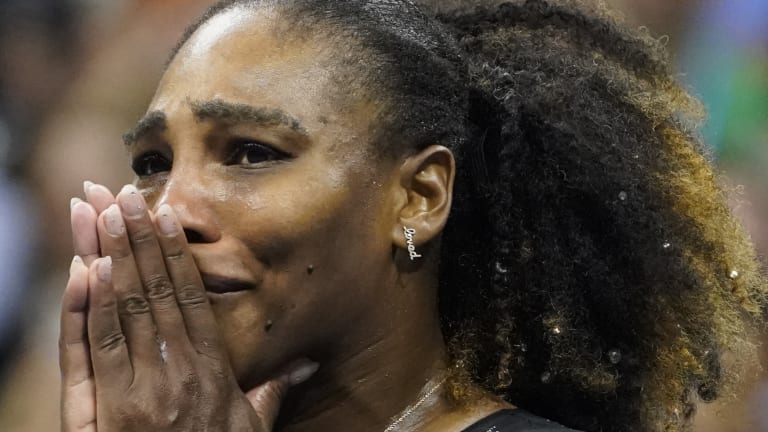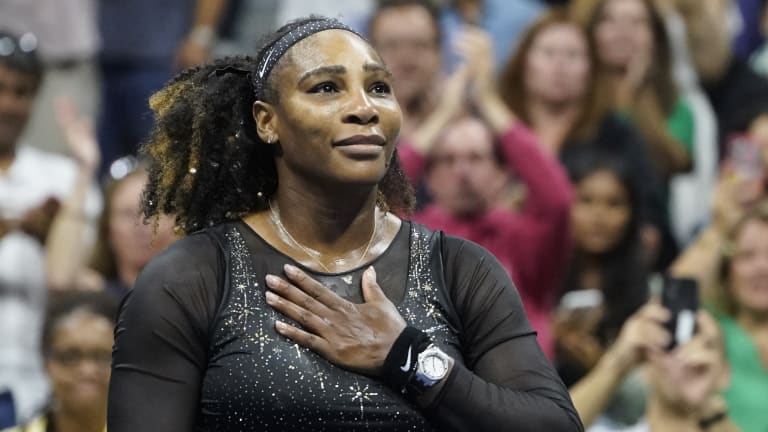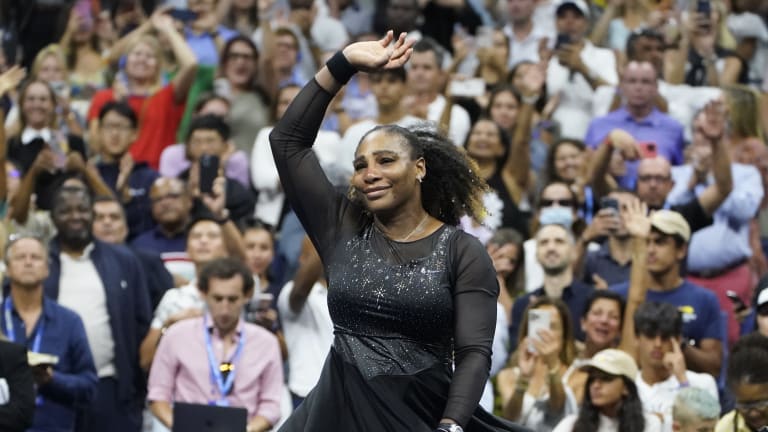NEW YORK (AP) — After all of the many tributes to
Serena Williams were done, the celebratory words and the video montages, the standing ovations and the shouts of her name, it seemed appropriate that she herself would provide the defining look at her legacy.
So the last question at the news conference after
her last match of the U.S. Open — and, it seems clear, of her career — offered Williams the chance to say how she'd most like to be remembered.
"I feel like I really brought something, and bring something, to tennis. The different looks. The fist pumps. The just crazy intensity. ... ‘Passion,' I think, is a really good word. Just continuing through ups and downs," she responded Friday night. "I could go on and on. But I just honestly am so grateful that I had this moment — and that I'm Serena."
That captures so much about her so well.
And to think: Williams, who turns 41 this month, did not even mention anything about being an elite athlete or any of the statistics that help define what she did with a racket in her hand.


